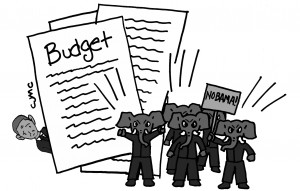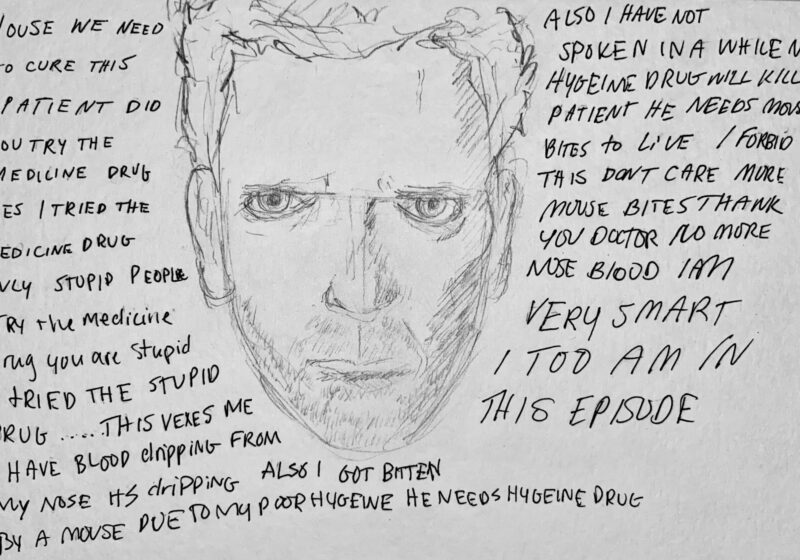President Obama unveiled his latest budget proposal Monday, announcing a long list of programs and policies he’d like to see make it through the Republican- dominated Congress. The budget calls for massive federal spending in 2016, but with an ever-growing federal debt, there is a low likelihood that most of the president’s proposals will be enacted.
The budget has many sound plans that could be beneficial to the country, but the high cost of the proposals makes them appear impossible. The president’s party is the minority in both houses of Congress, and this budget seems to be written with the understanding that Republicans will not pass many of its pieces. It’s reasonable to think that Democrats will try to use the GOP’s perceived stinginess as political ammunition in the 2016 elections.
The primary theme of the budget is education. The president called for financial assistance for families to put children in daycare, a policy that could prove very helpful. Daycare can help children educationally and socially and can allow parents to work during the day, bringing in income that benefits both the parents and the child. But the exorbitant cost of these programs needs to be kept in mind.
The president’s plan to make community college free for all students in good academic standing, which he announced during the State of the Union, is included in the budget as well. While the idea of wanting higher education to be available to everyone is just, this is not the way the government should go about it.
If community college were free, the government would be paying for every student’s tuition—regardless of their need. This program would cost an astronomical amount, and the money will likely not always go to those who need it. Instead, the government should increase federal grant and loan opportunity to students with the greatest need. This makes higher education possible for everyone without people footing the bill for those who do not need tuition assistance.
Many educational programs were included in the budget. The president proposed a $3 billion investment in high school science, technology, engineering and math education, which could work hand-in-hand with the proposed American Technical Training Fund.
President Obama also called for training programs to teach Americans how to launch and sustain new businesses, which is ironic, because minimum wage hikes—something President Obama supports—cripple small business owners.
With higher education becoming more accessible than ever, President Obama wants to use the budget to get something out of America’s best and brightest. It calls for increased funding for medical and environmental research, which is money well spent. The health of Americans and of our planet should always be of the utmost importance. Taxpayers will have no problem funding this, and Republicans would be wise to support this.
The proposal continues funding for the Affordable Care Act, a major expenditure that will surely continue to face opposition in Congress. It also calls for a capital gains tax hike to 28% on the upper class—a measure that will never make it through Congress. President Obama knows Republicans will never agree to this type of tax, but I’m sure Hillary Clinton’s staff is already working on a “Republicans voted against a tax increase on millionaires” commercial.
The president also included foreign policy initiatives in his budget, which appeared strong relative to how his administration has handled foreign affairs.
The budget wants to continue to fund anti-Islamic State efforts in the Middle East shortly after the President was criticized for not showing enough support after the terrorist attacks on Charlie Hebdo.
He also offers support to NATO and other European nations at odds with Russia, “including the governments most targeted by Russian pressure.” In Ukraine’s eyes, this support is too little, too late.
Additionally, the budget provides $1 billion in funding for “promoting prosperity, security, and good government in Central America.” Central America is not an imminent threat to national security, and $1 billion is a steep price for something that means relatively little to taxpayers. President Obama’s budget seems idealistic, creating programs while ignoring their price tags. It’s filled with many ideas: some beneficial, some pointless, some expensive and most unrealistic. The cost of this budget, in addition to the president’s lack of a congressional majority, makes this proposal rather worthless.
Veronica is a member of
the class of 2018.






